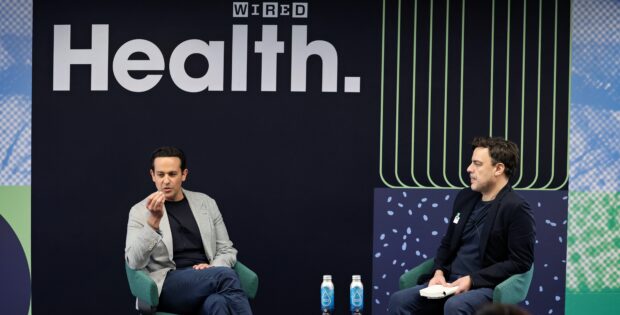The Woman’s Impact on Colorectal Cancer Screening

March is a month to celebrate. A month to celebrate women and a month to celebrate the progress we have made in Colorectal Cancer (CRC) Screening. President Bill Clinton declared March as National Colorectal Cancer Awareness Month in 2000, while Congress declared March as Women’s History month in 1987.8,9 Today, we celebrate by looking at the evolving role of the Women’s Health Nurse Practitioner (WHNP) and its impact on CRC Screening, both of which are very near and dear to my heart. As a clinician, I provide healthcare to women where screening for colorectal cancer is a key preventive measure.
The Women’s Healthcare Nurse Practitioner
Nursing has been engaged in women’s health care dating back to Florence Nightingale, whose notes detailed the health of women, while other women in nursing, like Lillian Wald, fought tirelessly for issues such as lack of access to care for women in poor socioeconomic and ethnic populations.5,11 Historically, the WHNP focused on family planning and obstetric and gynecologic care but has evolved to a broader role now to include primary care.
Loretta Ford co-founded the very first nurse practitioner program in the 1960s, paving the way for clinical care provided by nurse practitioners as we know it today.10 Nurse practitioners make up a significant portion of clinicians in the U.S. The WHNPs comprise approximately 2% of the nurse practitioner clinical workforce providing primary care services to women.12 Approximately 20% of women identify their women’s health clinician as their primary care provider.13
WHNPs Engaged in CRC Screening
When we spoke with Dr. Ginny Moore, Director of the Women’s Health/Gender-Related Nurse Practitioner Program at Vanderbilt University School of Nursing, she said WHNPs are prepared to discuss and manage essential preventive health screenings. She believes now more than ever they are well equipped to screen for colorectal cancer. In fact, she directed me to the Women’s Preventative Service Initiative (WPSI), where CRC screening is recommended as part of every annual well-woman preventative health care visit for those aged 45 and older at average risk.2
WPSI is federally funded and backed by the American College of Gynecology (ACOG) as well as the Human Resources and Services Administration (HRSA); WPSI follows and incorporates the United Preventive Services Task Force’s (USPSTF) guidelines into their recommendations.2,4 I emphasize this fact as the USPSTF recommends screening at age 45; however, ACOG has not provided an update to address lowering the CRC screening age recommendation, though they recommend screening and patient choice in screening. ACOG first released a committee opinion on screening for CRC in 2007, with the latest update released in 2011.1,3
Collectively, as clinicians continue to strive for 80% CRC screening compliance in every community, we must educate and advocate for our healthcare governing societies to stay abreast of current research and provide care recommendations in a timely manner. All women’s health providers should strive to deliver exceptional, targeted, preventative healthcare honoring WPSI’s motto, “When women are healthy, communities thrive”.2 As a WHNP I am proud to provide such crucial preventative care services to the women I serve.
Women who have made an impact in CRC Screening
I would like to recognize the contributions of a few pioneering women who have impacted CRC screening.
- Ernstine Hambrick, the first board certified female colorectal surgeon. In her career, she instituted education and advocacy programs to raise public awareness of colorectal cancer while helping to expand access to preventive screening.6
- Emily Couric, a Virginia state senator who championed legislation mandating insurers cover the cost of CRC screening. In 2000, the successful passing of this legislation made Virginia the first state to require insurance coverage for CRC preventative screenings.14
- Katie Couric, former Today show co-host, live-streamed her colonoscopy in 2001 in honor of her late husband who lost his battle to colorectal cancer. Her dedication, advocacy and education efforts reportedly contributed to an increase of CRC screening by 20% in the U.S. .7
Recommended Stories


